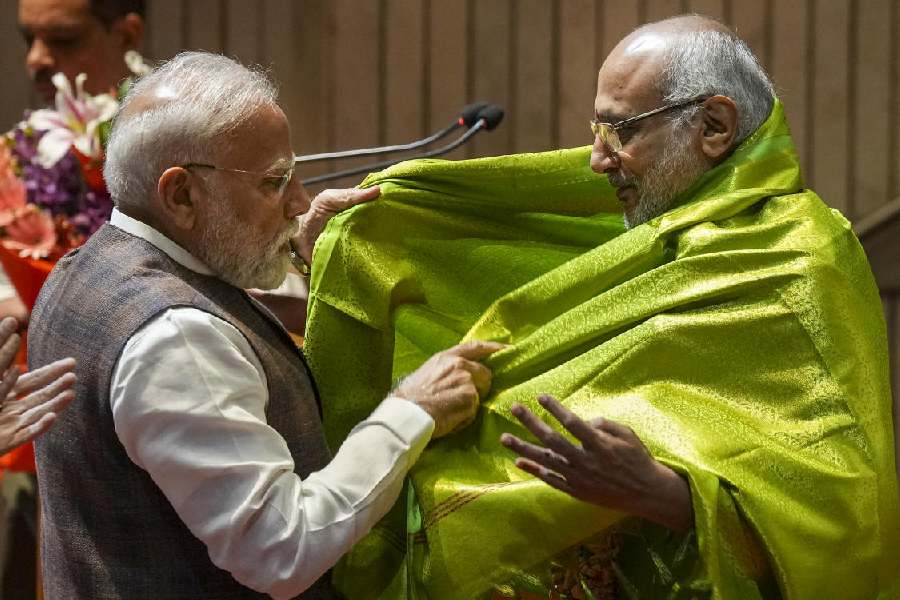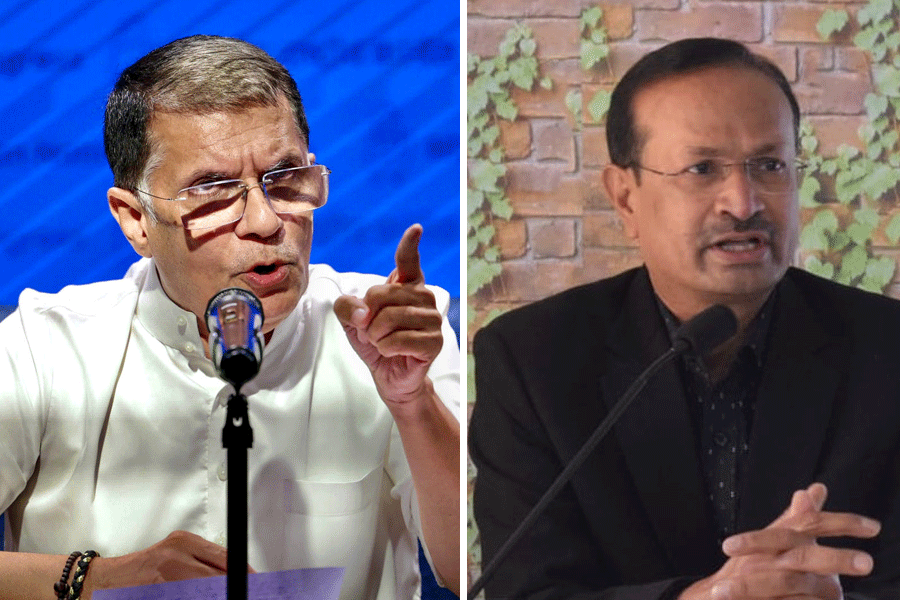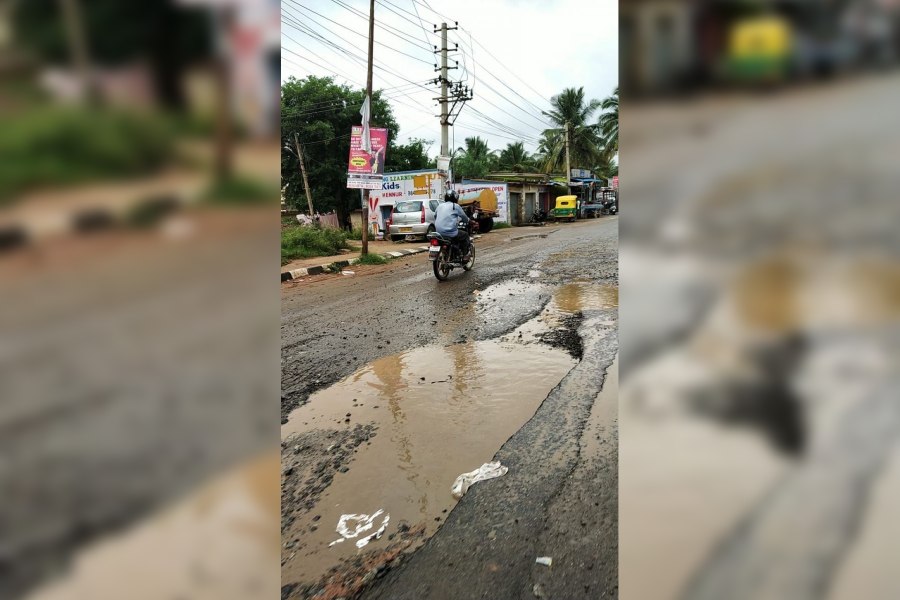Kendrapara, Aug. 20: Sanskrit is no longer spoken by people in most parts of the country, but there is a remote village in this coastal district of Orissa where almost every home has a pundit of the ancient language.
As Sanskrit holds a place of pride in the country’s tradition and culture, the remote village lays claim to a distinctive fame.
Sasana village in the Shyamsundarpur gram panchayat, which is inhabited mainly by Brahmins, has a little over 32 households with 200-odd villagers.
The village is situated in the neighbourhood of Babkarpur, which has a miniature temple dedicated to the great poet Kalidas, author of Abhigynam Shakuntalam and many other classics.
In almost all the households in Sasana, one will come across Sanskrit pundits. They have kept the ancient language alive and made it a way of earning livelihoods either by getting employed in the government-run Sanskrit-medium educational institutions, or by participating in religious rituals.
“We are proud patrons of Sanskrit. The ancient language is very much alive in this village,” said Baishnav Charan Pati, a 76-year-old Sanskrit pundit and retired teacher.
He also said that they have all ensured that at least one child in every household will be taught in the Sanskrit medium of education for generations.
“We are leading a decent lives by choosing Sanskrit as the medium of our earning livelihoods. Our children are also studying in Sanskrit medium schools,” said Bhramarabar Nanda, who recently retired from his teaching job from Kendrapara Government High School. ‘
“Most of the Sanskrit educated residents have found employment either in government schools or have taken up career as priests to preside over Hindu ceremonies and rituals. We are trying to revive the language by encouraging our children to learn Sanskrit. So far, we have been successful in this endeavour and we earnestly hope that our future generations will keep the tradition alive,” Nanda added.
“It’s heartening to note that this small village continues to produce so many Sanskrit pundits”, said linguist Basudev Das.
“The villagers have a respect for the rich language, and it’s also a livelihood option for them. That’s why the villagers are drawn towards Sanskrit. Parental guidance is also driving children to read and write in Sanskrit,” he added.










